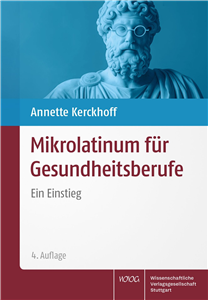Textbook of Korean Medicine
Medicinal drugs and formulations
by Dr. Kenny Kuchta, Prof. Dr. Hans Wilhelm Rauwald, Hans Rausch and Dr. Raimund Royer
The consistent and evidence-based development of Korean medicine in many clinical application areas has significantly improved its international status in recent years. The basis for this development is one of the most important medical books in Korea, the „Donguibogam“, a clinical lexicon of applications compiled about 400 years ago; at that time the traditional work also enjoyed the highest recognition in China. In 2009 it was included in the „Memory of the World“ register of UNESCO. Even now after 400 years, it still serves as a manual for writing prescriptions for many physicians in Korea, and testifies that the understanding of nature and human disease patterns is still current and clinically applicable even in the modern industrialised world. This work provides ■ understanding for Korean medicine, ■ many selected medicinal formulations and their fields of application, ■ the description and evaluation of important traditional single remedies, ■ the corresponding drug monographs with information on analytical testing

























